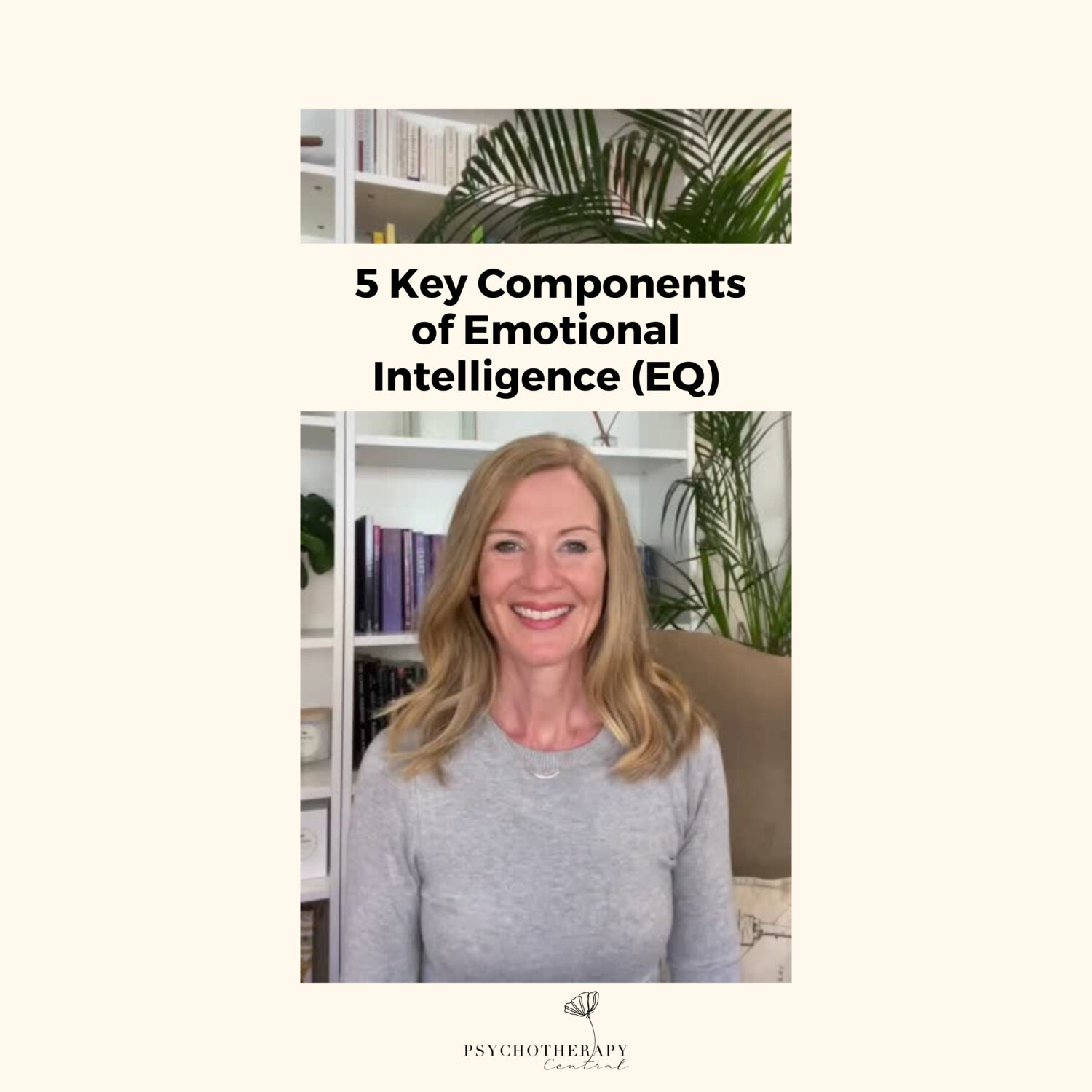Emotional intelligence, emotional quotient (EQ), is the ability to understand and process your emotions in a positive way to release stress, empathise with others, communicate effectively and work through conflicts.
Researchers have spent a lot of time focusing on the intricacies of emotional intelligence and exactly what makes up a person with high EQ.
People with a high EQ have a high level of self-awareness and self-regulation. Self-regulation is something that we learn through childhood. When we are children, our parents help to regulate us. When we are distressed, if we have a healthy family, one of our parents will come to us to soothe us. As we get older, we internalise that soothing voice and are able to soothe ourselves.
If we have grown up without that parental regulating and soothing, it is common that self-regulation as an adult is difficult.
Research shows that EQ is something that can be learned as an adult. Delphine Nelis (2009) conducted research in which two groups were tested on EQ at the beginning and end of the study. The treatment group had EQ training of 10 hours in a group setting. The control group received nothing. At the end of the experiment, the treatment group demonstrated significant gains in EQ, and the control group had no change.
Reference: Nelis, D. (2009). Increasing emotional intelligence: (How) is it possible? Personality and Individual Differences, 47(1):36-41.
